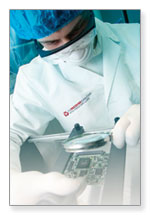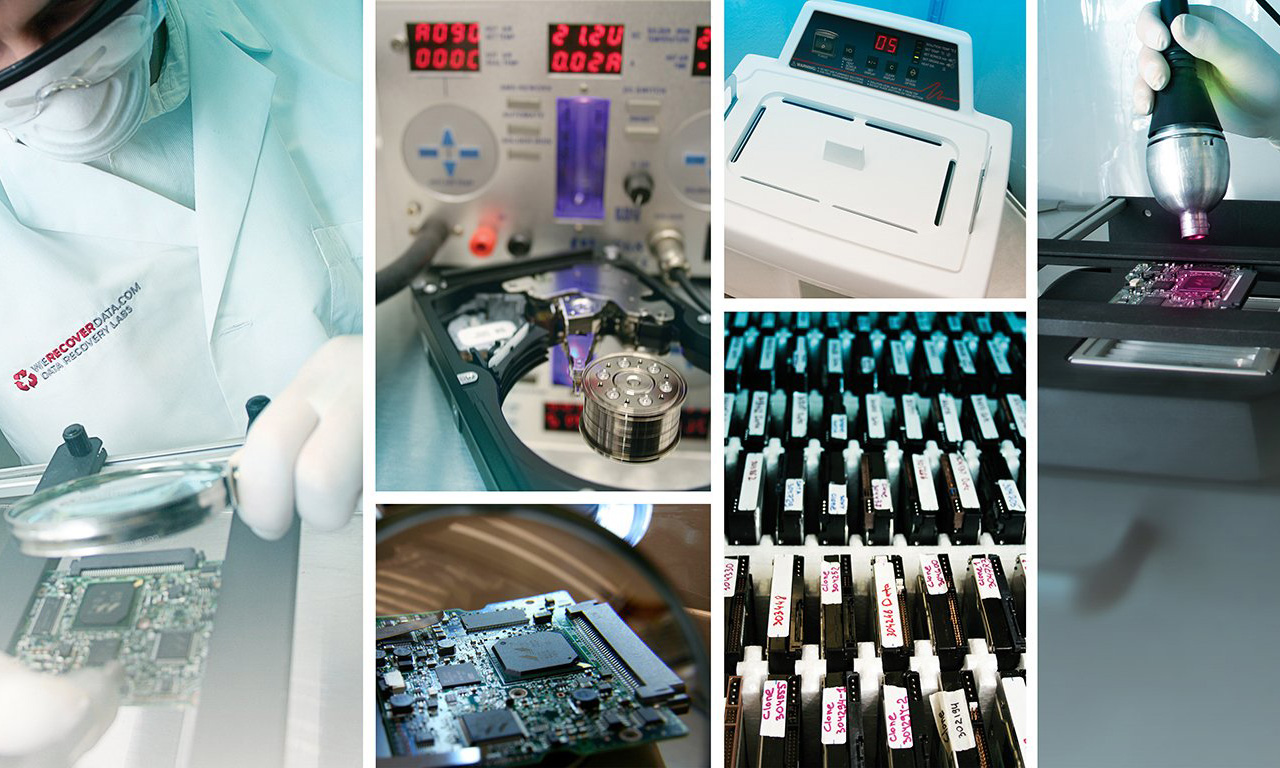Big Data and Healthcare
By Matt Brennan
The last decade has seen a significant spike in the amount of data we generate in just about every activity. The ways in which we analyze this data and understand it have also expanded. One industry where these trends have had a significant positive impact is in healthcare.
The ability to improve our health through technology all starts with what we carry around in our pockets on a daily basis.
Smartphones and Health Data
Our smart phones contain the tools we need to emphasize prevention over cure. We have applications designed to store massive amounts of health data, and applications that can turn our phone into a pedometer that measures how many steps we take in a given day. There are applications that serve as a food journal, tracking our daily calorie intake.
Wearable health technology such as Fitbit or Apple Watch have also seen a tremendous rise in popularity. At some point, physicians may be able to access this technology to understand their patients’ fitness and dietary habits.
The technology that we use on a daily basis to understand our own health has significant potential on an individual and group level. It could also be used to understand the health habits of various demographics.
Machine Learning
Mayo clinic, CVS, and Apple Watch all have a strategic partnership with IBM’s Watson. This partnership offers patients an added layer of diagnostic help and preventative care. New medical insights can be gained through the analysis of real-time data.
Blockchain
The same technology that brings cryptocurrencies like Bitcoin to life could potentially improve access to patient records. It could also provide added levels of security to sensitive patient data.
Telemedicine
More physicians are coming on board with the idea of remote appointments and telemedicine. This offers patients the added convenience of not having to make a trip into the office, and instead receiving remote care.
Smart Toilets
All jokes aside, smart toilets use can collect data to calculate measurements such as your BMI, blood pressure, and blood sugar levels. These markers can help you determine when there is an anomaly and you need to see a doctor. You can think of it as a toilet’s version of a check engine light.
Your toilet might be able to provide diabetics, women looking to conceive, or the general health-conscious population with a tremendous amount of insight. While many of these toilets are still significantly pricey, for those looking for fast analysis, the investment may be worth it.
Conclusion
Big data has a tremendous potential to advance healthcare and provide better patient insights. It’s important for healthcare companies to understand the role that data can play in user experience. When IT experts and data scientists can collaborate with those in the medical field, the potential to improve human well-being will skyrocket.
Access to new amounts of health-related data can continue to revolutionize the healthcare industry for the future.






















Great company!
I think it is the best company in the world regarding data recovery. They take all types of recovery cases with great responsibility and ensure they work with the best possible solution for your specific case. I highly recommend it.
Superb effort
Superb effort from werecoverdata. I had no idea how to fix it when I faced a horrible problem with my RAID NAS. But they solved it very quickly and superbly. I recommend them!
Fantastic results
Thanks to all staff of werecoverdata for excellent work and for getting my company data back! I got frustrated when a deadly drop damaged my hard drive. But they solved it!
Thanks
Few days ago my raid server is crashed dangerously. It was not starting any more. I tried in a various way whatever I know but I could not fix it. My uncle told me about WeRecoverdata. Then contact with them and they repaired it. Thank you guys.
Recover service
Those are suffering bad experience of getting a reliable and professional recovery service provider, definitely, they can choose werecoverdata. I highly recommend it.
Thanks a lot
The location is a bit hard to find out but eventually, I did. They recovered my hard drive, which was mostly dead. Thanks a lot.
Great response
Definitely weRecover team is great to solve that kind of hard drive problem. Great response and remarkable. They recovered my all data successfully within short time. I wanna give special thank to David. Thanks a lot man.
Liked Your Service
I have been using my HP laptop since 2016. Few months ago I could not open my laptop. After pressing the power button its showing nothing. My friend told me about that company. They recovered my laptop. Now its working perfectly. Thanks a lot WeRecoverData.
Pretty good experience
It was really pretty good experience. They are so professional, punctual and reliable. I strongly recommend it.
Remarkable Work
A lot of thanks to werecoverdata. You did really remarkable work. I was frustrated when lost my important data from a hard drive. I sent my hard drive to WRD then they got all the data back. At first, I couldn’t believe anyone can recover it since my computer tech said he can’t do it. All credit goes to werecoverdata.
Gorgeous service
Fantastic service from all the guys at werecoverdata. I was having pressure when corrupted data from my hard drive .Then I went there and they fixed it superbly.Thanks for removing the pressure!
Extremely well
I faced horrible problem but they solved it extremely well.My problem was that hard drive crashed dangerously.At this moment I thought the sky was broken on my head.Thank you for that.
Sensible
Thanks to WeRecoverData. You fixed the hard drive problem promptly. I am impressed… Anybody can rely on werecoverdata.
Well done
Thank you
Great work
Obviously great work from werecoverdata.Definitely no doubt about this company because they take seriously to solve any kinds of problem.I have lot of assurance at them.A lot of thanks to them.
Fantastic work
Oh Tom really fantastic work. You saved my important days. Raid 5 server damaged dangerously few days ago. But you fixed it well. Thank you for that!
Great efforts
All credits goes to werecoverdata for recovering raid server.I thought impossible to repair it but they was taken sensible and fixed it.Now I can fully trust on werecoverdata.All thanks to them.
Helpful Work
Werecoverdata, you did a really very helpful work.I was angry when my hard drive got dropped from my mistakes. I recommend the company and give a lot of thanks to werecoverdata.
Best service
After my hard drive crashed I was going to be totally mad. One of mu cousin suggested me to meet that company. I did and got the best service ever I had.
Remarkable Job
AWESOME service from WeRecoverData. I was almost mad when my pc crashed. A lot of valuable data in my hard drive. One of my friend recommend it. I thought it will not be possible.
But after all I got back my all data. Thank You WeRecoverData.